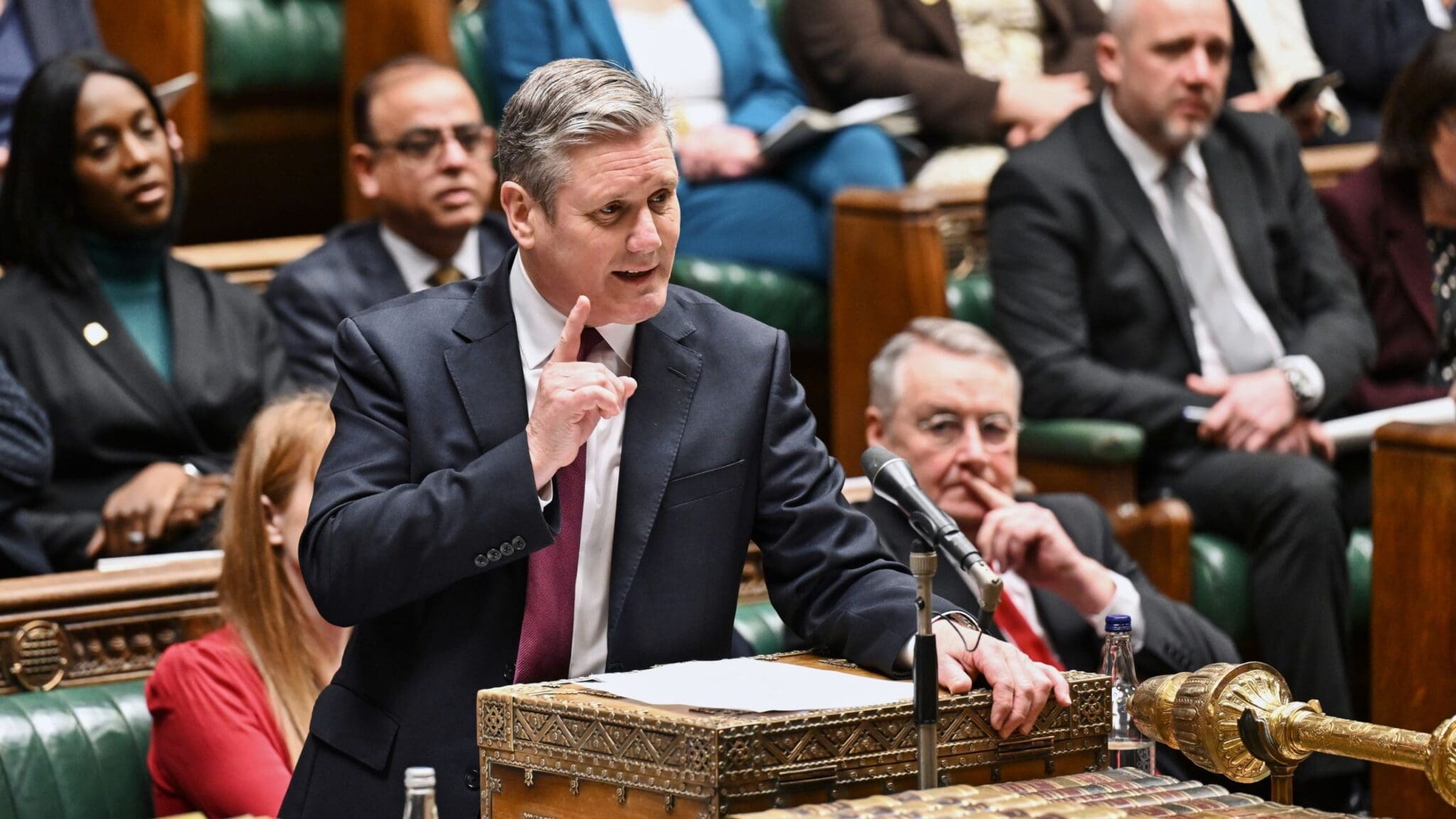Why the Government’s Warm Homes Plan must deliver.
Why the Government’s Warm Homes Plan must deliver.

The Government faces enormous challenges with its net zero policies and, when it comes to heating, it’s easy to see why. With both government and consumer finances stretched, the Warm Homes Plan – a major policy announcement which is promised soon – really needs to deliver. So, what should it prioritise?
In its report on the 7th carbon budget, the Government’s advisors, the Climate Change Committee (CCC), made it clear that a dramatic increase in the deployment of heat pumps is needed to hit climate targets. They recommend that by 2040 – just 15 years from now – half of the UK’s homes should be heated by a heat pump. To achieve this, they say that by 2030 450,000 must be installed every year, and by 2035, 1.5 million. As advisors, the CCC are not required to consider the practical and political difficulties of actually doing it and look somewhat detached from reality as a consequence.
In simple terms, it’s equivalent to installing roughly a million heat pumps each year over the next 15 years. However, the tech is still far too expensive – the average cost of an air source heat pump installation is over £13K and unlikely to ever reach price-parity with boilers – and they also cost more to run. The Government can’t possibly afford to subsidise the difference for all households, so heat pumps are likely to remain an option mainly for wealthier high- income households.
We know this is happening because a review of the Boiler Upgrade Scheme by DESNZ found that over half of BUS applicants (57%) had an annual household income of more than £52,000, much higher than the median national household income of £32,300 (ONS). It also found that 50% of BUS-funded installations were in homes with four or more bedrooms. Perhaps most strikingly, 41% of applicants said they would have installed a heat pump even if the grants had not been available – suggesting financing the installation wasn’t a problem for them. A new report by the Resolution Foundation also found a high proportion of the heat pumps installed to date are in the wealthiest parts of the country.
At a time of benefits cuts and a squeeze on public spending, spending billions of pounds to incentivise wealthy households to install heat pumps isn’t a good look for Labour, particularly when low-income households pay a greater proportion of their slender household budget on energy. It’s also vital that less affluent households are not left behind in the net zero race, but there’s clearly a risk of this happening.
Perhaps the most damning evidence that the generous BUS subsidies don’t work is the still-high cost of heat pumps. All the millions being spent subsidising heat pumps isn’t making them cheaper and, instead, competition is being stifled due to the market distortion.
The Warm Homes Plan offers Labour a vital opportunity for a policy reset, which must be taken.
The Government’s Warm Homes Plan must do four things:
Three of these can be achieved by providing support for renewable liquid fuels, and it’s vital that the Government uses this important policy announcement to support this option, which will cost the Treasury nothing. Support for insulation measures should also be prioritised because it lowers energy bills, improves health and makes the building more suitable for a heat pump at a later date, should the owner wish to fit one.
Rural households don’t trust the Government and want renewable liquid fuels
A new survey of oil households by OFTEC has revealed widespread distrust, growing frustration and increasing concerns over costs when it comes to the Government’s plan to transition rural homes onto greener heating systems.
The survey of 1,364 rural households has revealed over three quarters (79%) of respondents don’t trust the Labour Government to deliver fair low carbon heating choices for their home.
The majority (65%) rated the Government’s communication around rural homes transitioning onto cleaner technologies as ‘extremely poor’ whilst over 85% said the decisions Labour makes will be an important factor in how they vote at the next General Election.
Concerns around the cost of switching to low carbon heating systems are also growing. An alarming 60% of those surveyed said they are more worried about the costs than they were three years ago. It follows the start of April which saw households facing increasing pressure from rising utility and Council Tax costs across the board.
However, the most striking response was the support for renewable liquid fuels – over 98% wanted the Government to support their introduction.
Help us get renewable liquid fuels into the Warm Homes Plan
The heat pump industry will be demanding more subsidies from the Government; but there’s still a chance we can influence the Plan and make the case for renewable liquid fuels.
Visit the Future Ready Fuel website and send the pre-prepared letter to the minister, Miatta Fahnbulleh. It will take just a few seconds. Please ask your customers to do the same.
Image from stock
© 2025 Created by Euromedia Associates Ltd